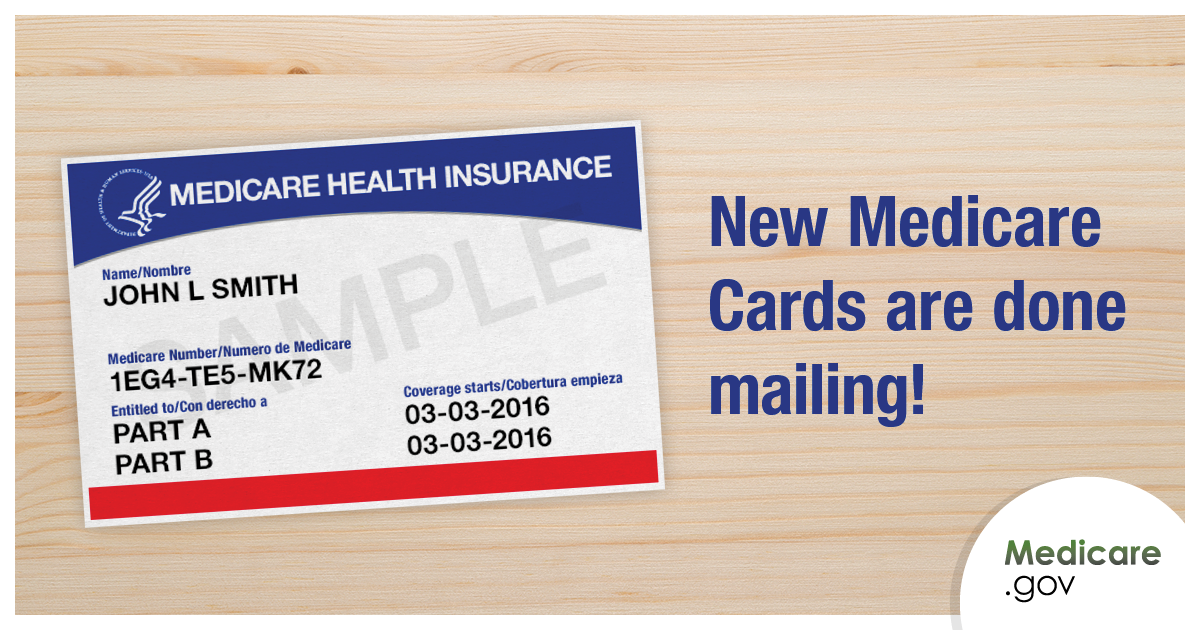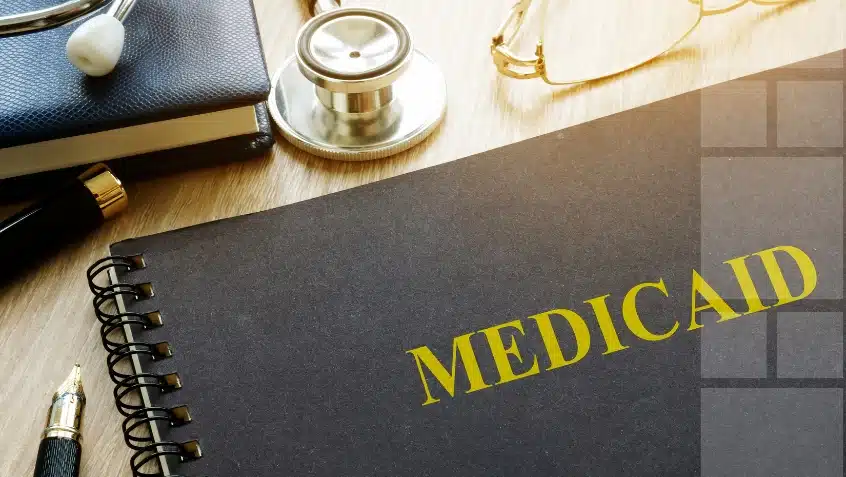
Lack of Dental Coverage has Real Costs and Consequences for People with Medicare
This week, the nonpartisan Kaiser Family Foundation (KFF) released an issue brief examining the issue of oral health for people on Medicare. It describes the consequences of foregoing dental care, current sources of dental coverage, use of dental services, and related out-of-pocket spending.
Despite the evidence that oral health is related to physical health, Original Medicare does not cover most dental care needs. While some Medicare Advantage plans may offer dental benefits, this coverage is often limited, and its availability can vary considerably across plans. As a result, many people with Medicare often lack adequate oral health coverage, which exposes them to serious health complications and high out-of-pocket spending.










